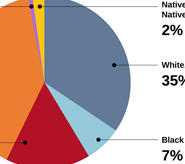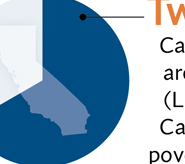California’s hospitals are committed to advancing health equity — a key factor in helping all Californians reach their highest potential for health — and high-quality care. Hospitals alone cannot eliminate health disparities; it will take systemic reform and broad partnership to improve the status quo.
Health equity is the state in which everyone has a fair and just opportunity to attain their highest level of health. Achieving this requires focused and ongoing societal efforts to address historical and contemporary injustices; overcoming economic, social, and other obstacles to health and health care; and eliminating preventable health disparities.
Achieving health equity requires valuing everyone equally with focused and ongoing societal efforts to address avoidable inequalities, historical and contemporary injustices, and the elimination of health and health care disparities.
Achieving health equity also requires addressing social determinants of health and health disparities. It involves acknowledging and addressing racism as a threat to public health and the history of unethical practices in public health that lead to inequitable health outcomes. The CDC prioritizes reducing health disparities among populations disproportionately affected by HIV, viral hepatitis, sexually transmitted diseases, tuberculosis, and other related conditions.

On-Demand Learning
Advocacy
CHA supports the following bills to improve health equity:

AB 311 (Santiago) – Two Year Bill
Would ensure undocumented immigrants are eligible to receive food assistance benefits
- Co-sponsors: CA Immigrant Policy Center and Nourish California
- Also supported by Public Health Institute’s Center for Wellness and Nutrition, Justice in Aging, California Health+ Advocates (clinics), California Catholic Conference, Leading Age California, among several others
- Was also a Latino Caucus priority bill
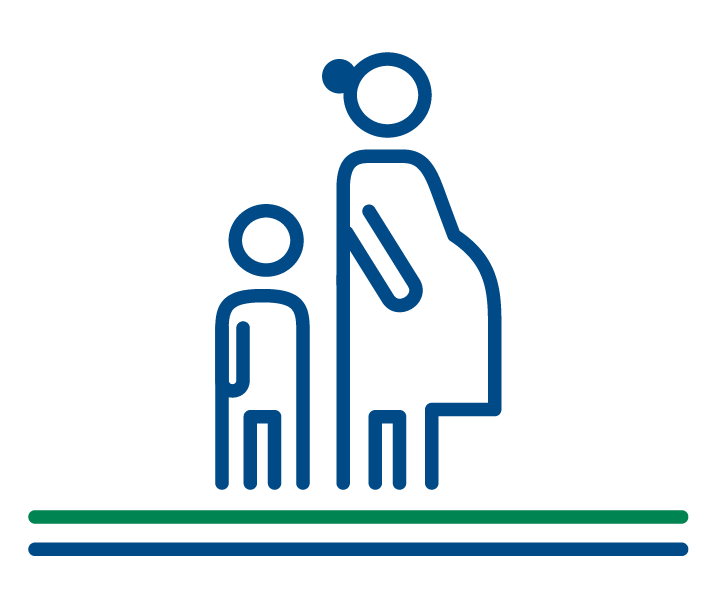
AB 1057 (Weber) – Vetoed
Would have increased transparency around Medi-Cal managed care plans’ pediatric primary care networks by publishing data on how many children and pregnant/postpartum people receive services. CHA will continue advocacy on this issue in 2024.
- Sponsor: County Health Executives Association of California
- Also supported by ACOG, Board of Registered Nursing, California Catholic Conference, The Children’s Partnership, Western Center on Law and Poverty

AB 1202 (Lackey) – Vetoed
Would have codified the existing California Home Visiting Program to support pregnant people and parents with young children who face challenges in achieving positive health outcomes. CHA will continue advocacy on this issue in 2024.
- Sponsor: The Children’s Partnership
- Also supported by California Pan-Ethnic Health Network, Western Center on Law and Poverty
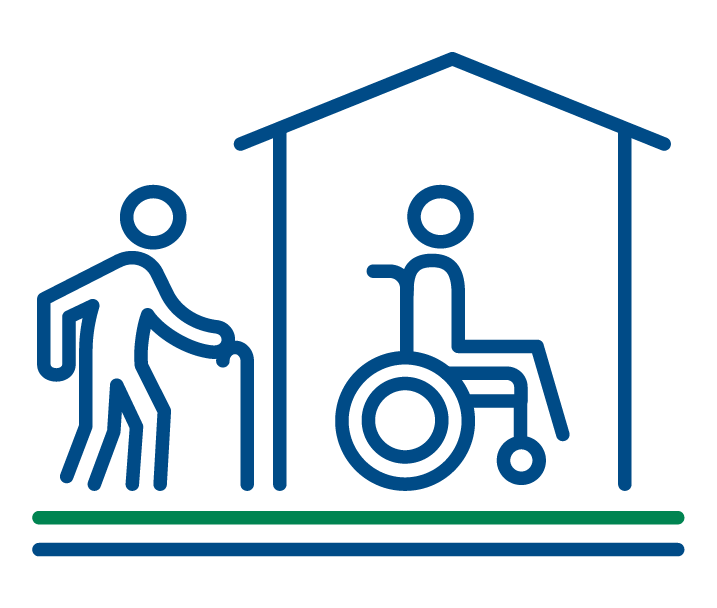
SB 37 (Caballero) – Two Year Bill
Would establish a program to support administration of a housing subsidy program for older adults and adults with disabilities who are experiencing or at risk of homelessness
- Co-sponsors: Corporation for Supportive Housing, Justice in Aging, Leading Age California, State Council on Developmental Disabilities, United Way of Greater Los Angeles
- Also supported by Disability Rights California, Western Center on Law and Poverty
Latest News
-
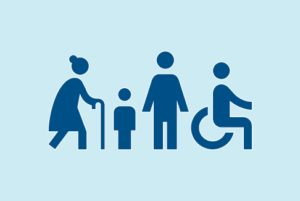
AB 1204 Equity Reports Due Sept. 30, HCAI Resources Available
CHA News -

New Memo Examines Impact of Federal Activity on Hospitals’ Equity Reporting and Supplier Diversity Requirements
CHA News -

Statewide Health Equity Reports Coming Due
CEO Message, CHA News -

Early Bird Pricing for HQI, Hospital Council Annual Conference Ends Tomorrow
CHA News
Resources & Data
Leadership Voices

President & CEO, CHA

President & CEO, HASD&IC

President & CEO, Hospital Council

President & CEO,
HASC

